Everything you need to know about specifications and performance - Peugeot 308 2011 - 1.6 THP (200 Hp)
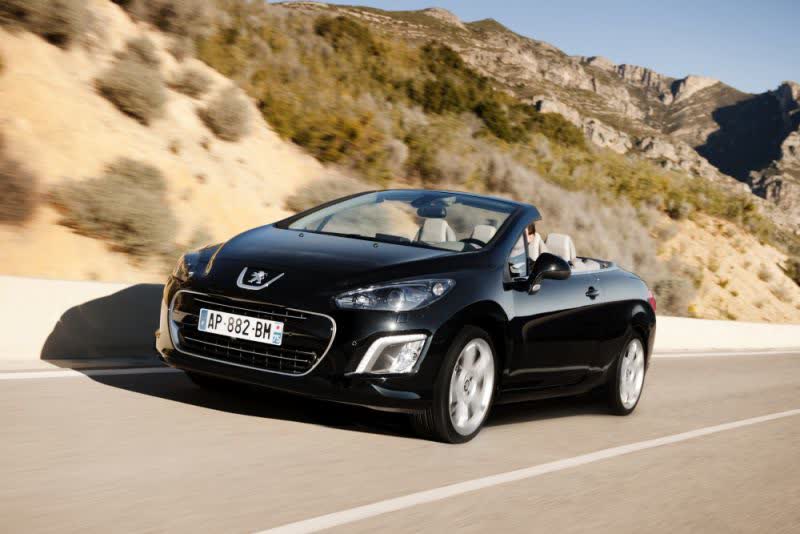
Overview:
What is the engine capacity of a Peugeot 308 2011?
The engine capacity of the Peugeot 308 2011 is 1598 cm.
Peugeot 308 2011 How many horsepower?
The engine power of the Peugeot 308 2011 is 200 Hp @ 5800 rpm..
What is the Peugeot 308 2011 engine?
Peugeot 308 2011 engine is EP6CDTX. (Click to see other cars using the same engine)
How much gasoline does a Peugeot 308 2011 consume?
The Peugeot 308 2011 consumes 7 liters of gasoline per 100 km
What is the recommended oil for a Peugeot 308 2011 engine?
The recommended oil for a Peugeot 308 2011 car engine is 5W-30.
What type of camshaft transmission system is used in a Peugeot 308 2011 engine?
chain is used to transmit motion.
General:
Engine:
Performance:
Space:
dimensions:
Powertrain, Suspension and Brakes:
See also
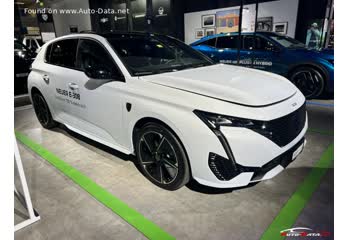
Last generation.
Its production began in 2023 until Now
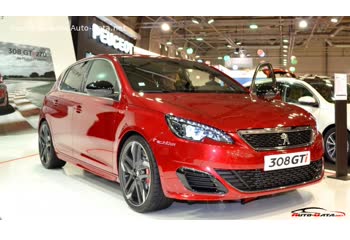
Other generation.
Its production began in 2014 until 2017

Same engine. (EP6CDTX).
Its production began in 2010 until 2013
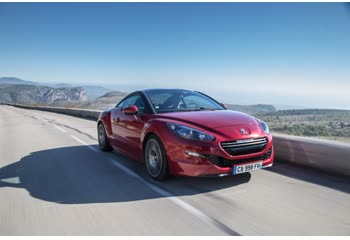
Same engine. (EP6CDTX).
Its production began in 2013 until 2015
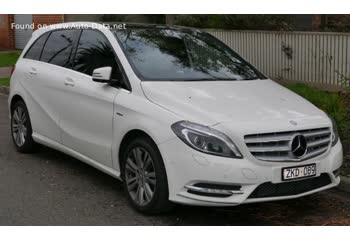
Same production year and almost the same engine capacity.
Its production began in 2011 until 2014
Write a comment